Scientists Say
A weekly word defined, in a sentence and in context.
-
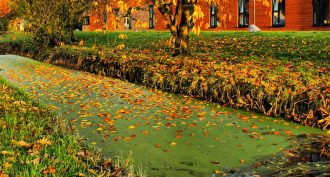 Environment
EnvironmentScientists Say: Eutrophication
When a body of water is filled with nutrients, algae and plants may take advantage. And their presence isn’t always a good thing.
-
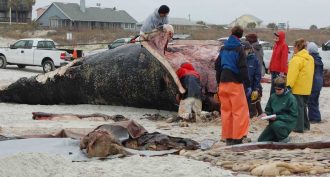 Animals
AnimalsScientists Say: Autopsy and Necropsy
Sometimes when animals die, they need to be investigated. These examinations have two special names. One is for people, the other for non-human animals.
-
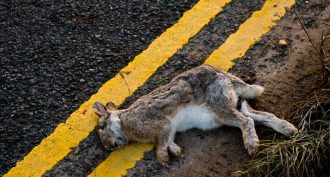 Ecosystems
EcosystemsScientists Say: Taphonomy
Studying what happens to plants and animals after they die can teach us about ecosystems and evolution. This study has a special name.
-
 Brain
BrainScientists Say: MRI
MRI is a technique used to diagnose diseases and to study the body. The machine can map internal structures, all the way down to tiny blood vessels.
-
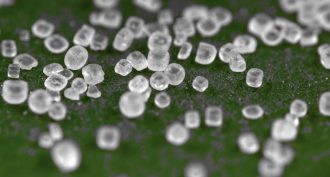 Chemistry
ChemistryScientists Say: Ion
Some atoms and molecules have a positive or negative electrical charge. These are called ions.
-
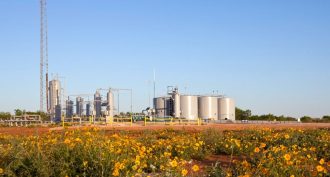 Environment
EnvironmentScientists Say: Fracking
Liquid fuel sources such as natural gas and petroleum form deep underground between layers of rock. To retrieve them, engineers often use a technique called hydraulic fracturing, or fracking.
-
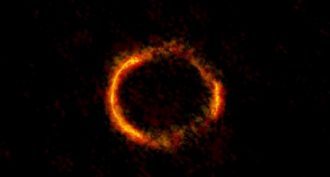 Space
SpaceScientists Say: Gravitational lens
A gravitational lens is an effect that occurs when a massive object lies between a viewer and something further away. The massive object’s gravity bends light arriving from the more distant object.
-
 Health & Medicine
Health & MedicineScientists Say: Hormone
This is a chemical that travels in the blood and acts as a signal. It can tell distant body parts what to do. When a chemical acts in this way, it has a special name.
-
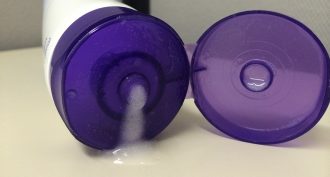 Environment
EnvironmentScientists Say: Microplastic
Bits of plastic smaller than five millimeters are called microplastics. They can end up in the ocean, where corals might mistake them for food.
-
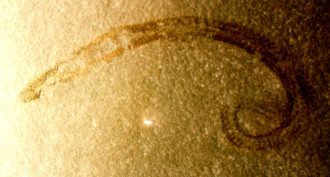 Animals
AnimalsScientists Say: Nematode
Nematodes are a group of related small worms found all over the world. They can cause disease, but they also can be useful for scientists to study.
-
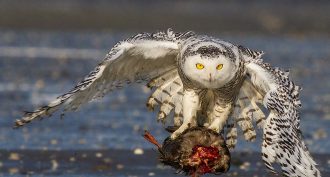 Animals
AnimalsScientists Say: Irruption
Sometimes populations of animals can suddenly increase. The word for that is irruption.
-
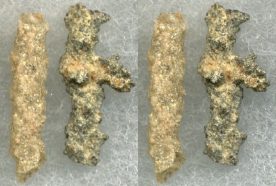 Chemistry
ChemistryScientists Say: Fulgurite
When lightning strikes in the right place, it can fuse minerals together in a glassy structure.